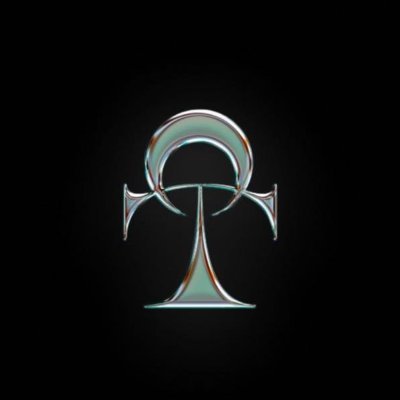Auction
Digital Gold Series Two Mining Permit
Digital Gold Ecosystem BLOCKCHAIN SUPERHEROS CNFT Collection Minting July 27tH 2024 for 55 ADA per NFT
 Digital Gold Series Two Mining Permit
Digital Gold Series Two Mining PermitReitcircles
A protocol being built on Cardano Blockchain network to serve the real world needs to identify, verify and trade real estate globally
 Reitcircles
ReitcirclesPergamon Agora
On-Chain CNFT auctions.
 Pergamon Agora
Pergamon AgoraTheos
A decentralized, NFT based economy utilizing the intrinsic properties of NFTs to provide instant valuations and transform them into instant liquidity.
 Theos
TheosArtano
A community-driven NFT marketplace and minting service, focusing on global inclusion and aiming for quality over quantity with NFT creation and sale.
 Artano
Artano
An auction is when something is put up for sale and people place bids to determine who wins, a.k.a. buys, the item. There are multiple types of auction out there and below are the most common types:
English Auction: An item starts at a certain price and people places bids that raise in value with each bid and the winner is the person who places the highest bid. They then pay the value of their bid.
Dutch Auction: An item starts at a certain high price. The price is then progressively lowered until someone claims it and they pay the price that they stopped the auction at.
Sealed Bid Auction: People write down their bids for an item and submit them. Once the time for submitting bids is over then all the bids are opened and the highest bidder wins the auction.
Vickery Auction: Works in almost the same way as a sealed bid auction. However, when all the bids are opened the highest bidder wins but they pay the price of the second highest bid.
Auctions, especially English auctions, often have reserves attached to them. A reserve means that the seller sets a minimum price for the item. If the price is not met by the buyer then the item is not sold. Reserves can be kept hidden, which is most common, or they can be disclosed to the bidders.